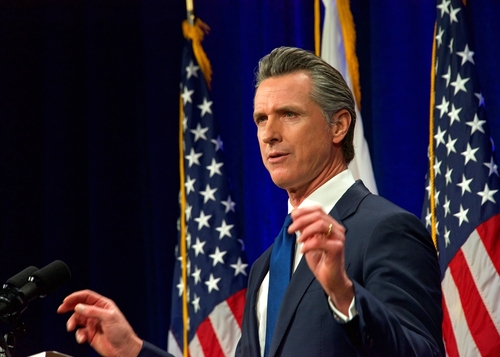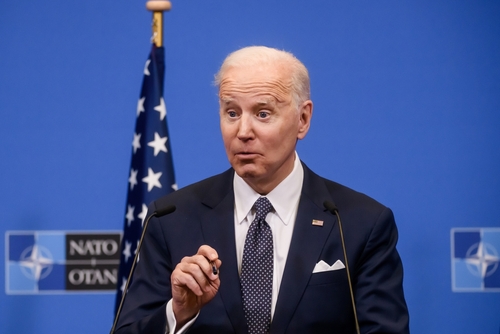
US paid Chinese spy to expose monkey trafficking ring
Listen To Story Above
Congressional Republicans are demanding explanations from the U.S. Fish and Wildlife Service (USFWS) regarding their controversial payment of $225,000 to a Chinese citizen who gathered intelligence illegally in Cambodia about monkey trafficking for medical research.
The House Committee on Natural Resources has launched an investigation into the circumstances surrounding the USFWS’s payment to the foreign informant. Their probe centers on a covert operation targeting traffickers involved in smuggling cynomolgus monkeys, which are essential for pharmaceutical testing and scientific studies.
House Republicans continue to seek answers as to why the U.S. Fish and Wildlife Service (USFWS) paid a Chinese national $225,000 to illegally gather information in Cambodia to thwart the importation of monkeys for medical research. https://t.co/Lq7GJBhgTY
— NEWSMAX (@NEWSMAX) November 20, 2024
The increasing value of these primates in medical research, especially for vaccine development and therapeutic treatments, has led to heightened demand. This surge has prompted stricter international regulations, creating controversy over the legitimacy and moral implications of such transactions.
The employment of an international informant to penetrate Cambodia’s animal trafficking networks has sparked both diplomatic and legal concerns. Questions persist about the extent of U.S. officials’ knowledge regarding the informant’s activities and potential violations of law during the investigation.
Congressional members are pressing the USFWS for increased accountability and detailed explanations of their decision-making, particularly regarding the substantial payment to a non-American operative. Some observers suggest that such clandestine operations involving foreign agents could undermine America’s standing in international wildlife protection initiatives.
GOP Oversight hearing into FEMA not helping Trump supporters just started – also comments on cleaning up Federal workforce more generally https://t.co/HXy3hjRcFB https://t.co/jyRKxYkc39
— Adastral Trader (@adastral_trader) November 19, 2024
The controversy emerges amid broader congressional scrutiny of policies concerning animal trafficking, medical research protocols, and international operations. The situation highlights ongoing debates about balancing scientific progress with ethical and legal compliance in fighting wildlife trafficking.




